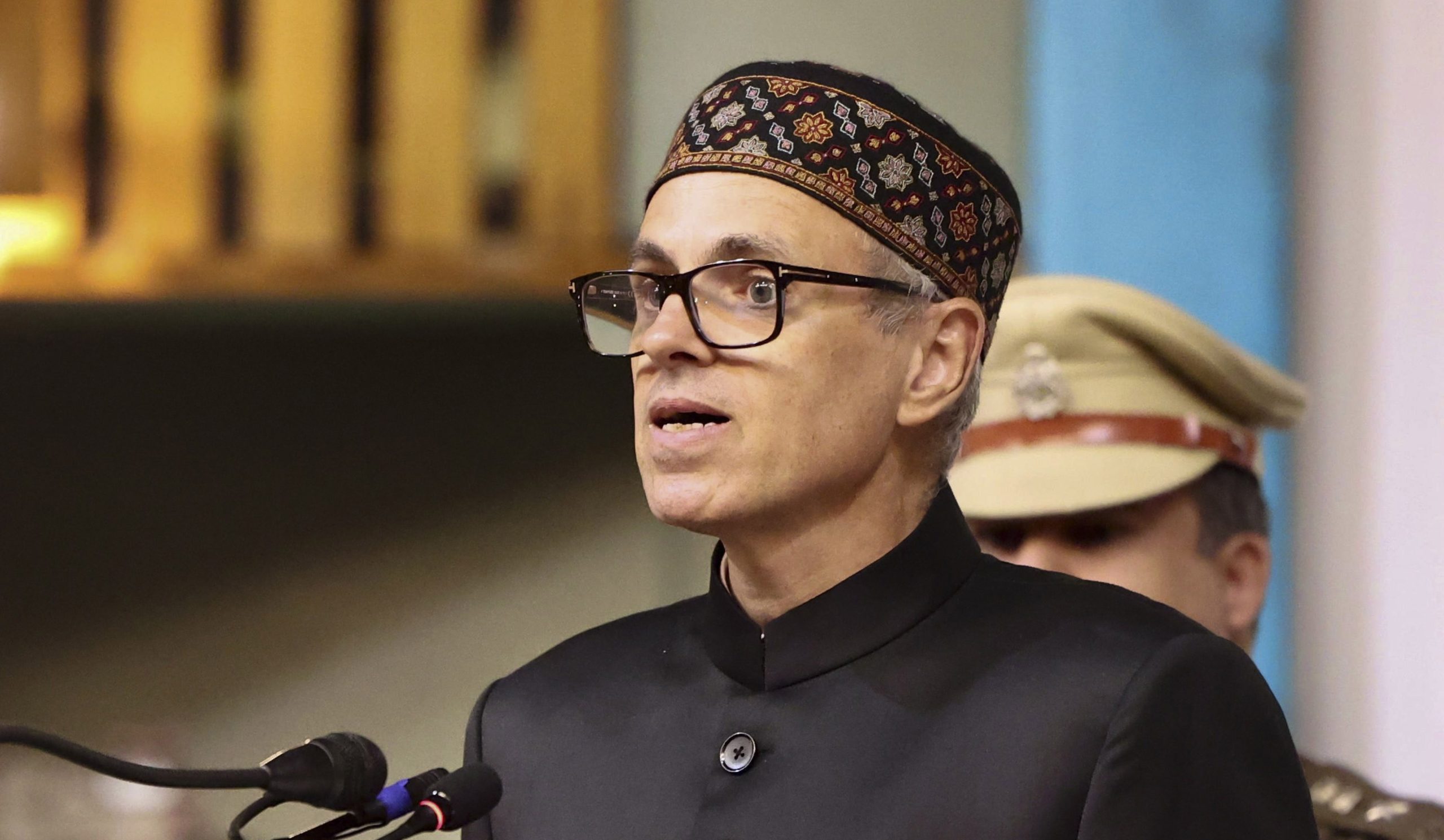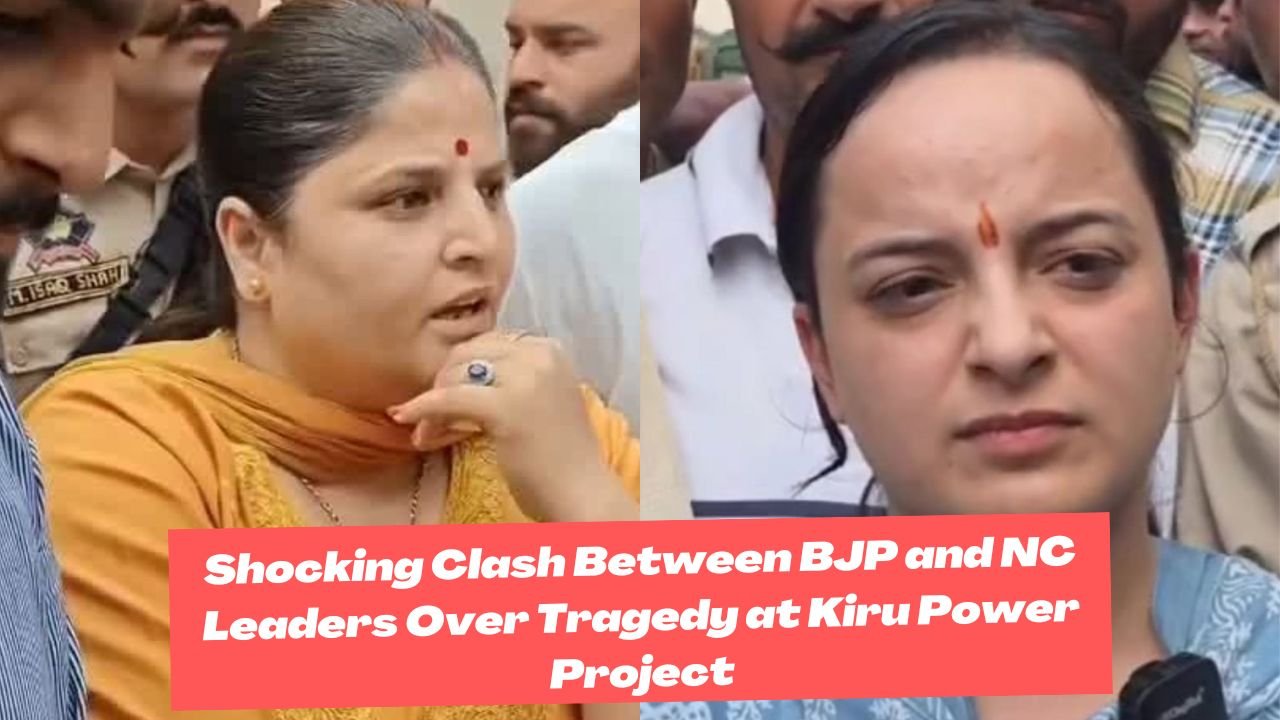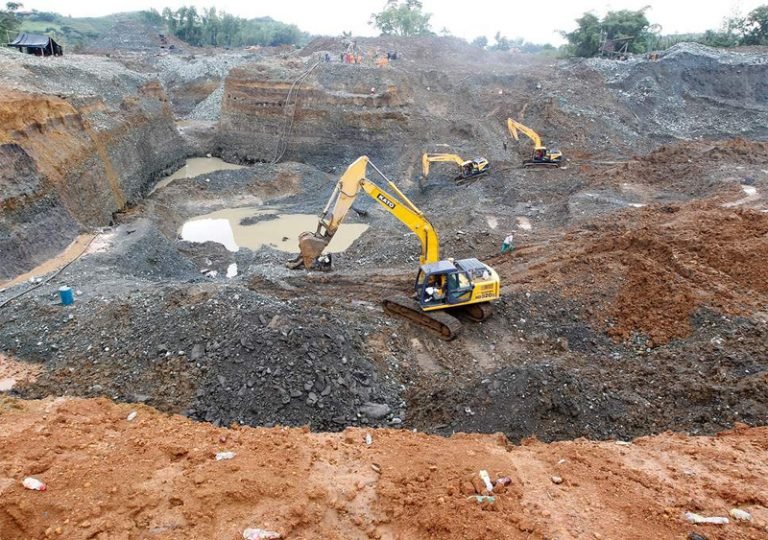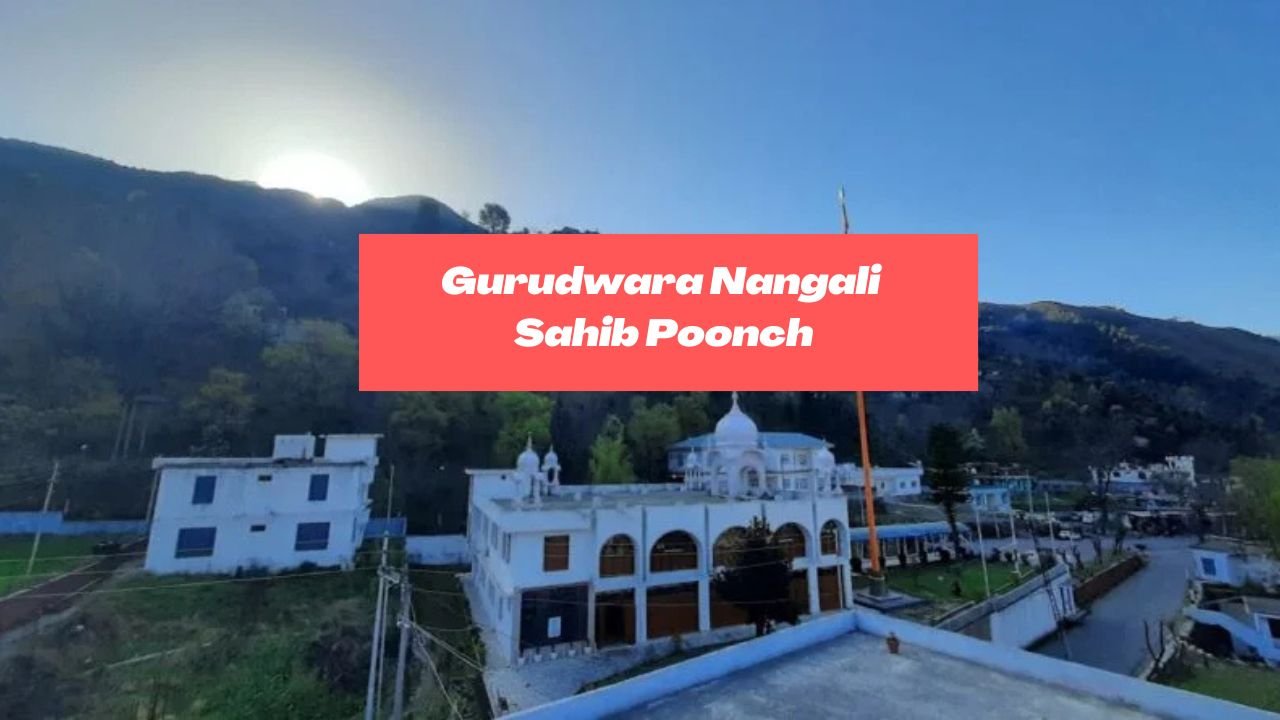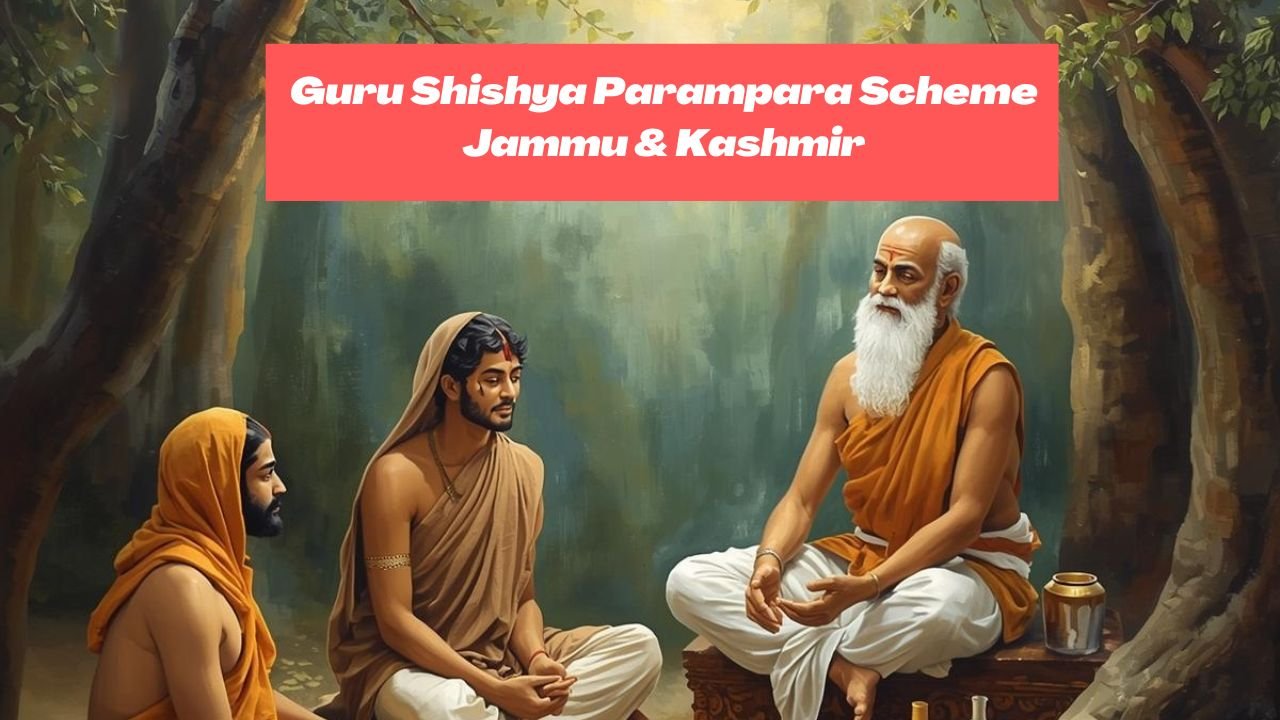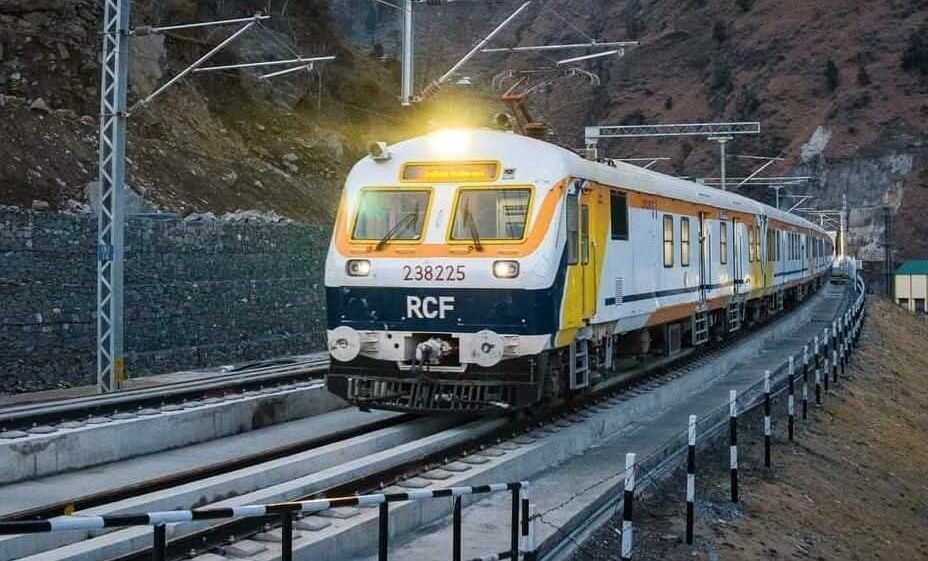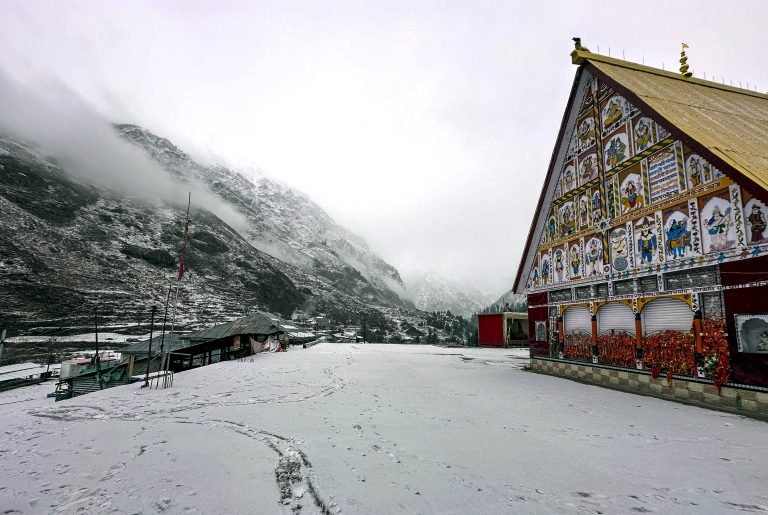Omar Abdullah’s Perspective on Article 370 in Jammu and Kashmir
Chief Minister of Jammu and Kashmir, Omar Abdullah, recently shared his views on the political landscape of the region in an interview with BBC’s Stephen Sackur. He discussed his role as the Chief Minister of a union territory, the restoration of Article 370, and his approach towards working with the central government led by Prime Minister Narendra Modi. The full interview is available on BBC News India’s official YouTube channel.
No Hope for Article 370 Restoration Under Modi Government
When asked about the possibility of restoring Jammu and Kashmir’s special autonomous status under Article 370 while Narendra Modi remains Prime Minister, Omar Abdullah gave a straightforward response: “No! Simple as that.” He made it clear that as long as the current government is in power, there is no realistic chance of restoring the special status.
Despite this stance, Abdullah emphasized that he has not abandoned the fight for the reinstatement of Article 370. He asserted that his party continues to push for the constitutional guarantees that were once in place for Jammu and Kashmir.
Chief Minister of Jammu and Kashmir Speaks on Balancing Relations with the Central Government
Addressing claims that he is being too lenient towards the Modi-led Bharatiya Janata Party (BJP) government, Chief Minister of Jammu and Kashmir, Abdullah defended his approach. He explained that his priority as Chief Minister is to maintain a functional working relationship with the central government for the benefit of the people of Jammu and Kashmir.
“In the initial months of my government, I owe it to the people to ensure a productive relationship with the Government of India,” he stated. However, he also warned that if the central government fails to deliver on its commitments, his administration would reconsider its stance.
Resolution Passed for Restoration of Special Status
Chief Minister of Jammu and Kashmir, Omar Abdullah reiterated that his commitment to the fight for Article 370 remains strong. He pointed out that his government had already passed a resolution in the Assembly advocating for the restoration of Jammu and Kashmir’s special status. “If we had given up, we wouldn’t have taken this step,” he remarked, reaffirming his party’s stance on the issue.
Read also: Major Water Supply Disruption: Srinagar to have no drinking water for 30 hrs
Not an Alliance with BJP, Just a Professional Relationship
The Chief Minister also addressed speculation that maintaining good relations with the Centre equates to an alliance with the BJP. “Having a cooperative working relationship should not be mistaken for political alignment or friendship,” he clarified. Abdullah emphasized that governance requires engagement with the central administration, but that does not imply ideological agreement or political collaboration.
Focus on Industrial and Tourism Growth
In addition to political concerns, Abdullah highlighted his administration’s efforts to boost Jammu and Kashmir’s economy. He revealed that his government is working on a new industrial policy to attract investments and create employment opportunities. Additionally, a revamped tourism policy is in development to promote the region as a prime travel destination. His recent visits outside the union territory were part of these promotional efforts.
Differences Within the Party: A Sign of Democracy
Abdullah also addressed internal differences within his party, particularly the divergent views of National Conference MP Aga Ruhullah on key issues. He welcomed these differences, stating, “A political party must allow space for diverse opinions.” He emphasized that in a democratic setup, people have the right to express their views and choose their leaders accordingly.
Read also: Increased Fees and Duties : JK Govt. Announces Revised Excise Policy for 2025-26
Omar Abdullah’s interview with the BBC sheds light on his stance regarding Article 370, his approach towards the Modi-led central government, and his plans for the economic development of Jammu and Kashmir. While he remains realistic about the challenges of restoring special status under the current government, he reassures that the fight for constitutional guarantees continues. His focus on industrial and tourism growth, along with maintaining a balanced political approach, underscores his commitment to the progress of Jammu and Kashmir.

